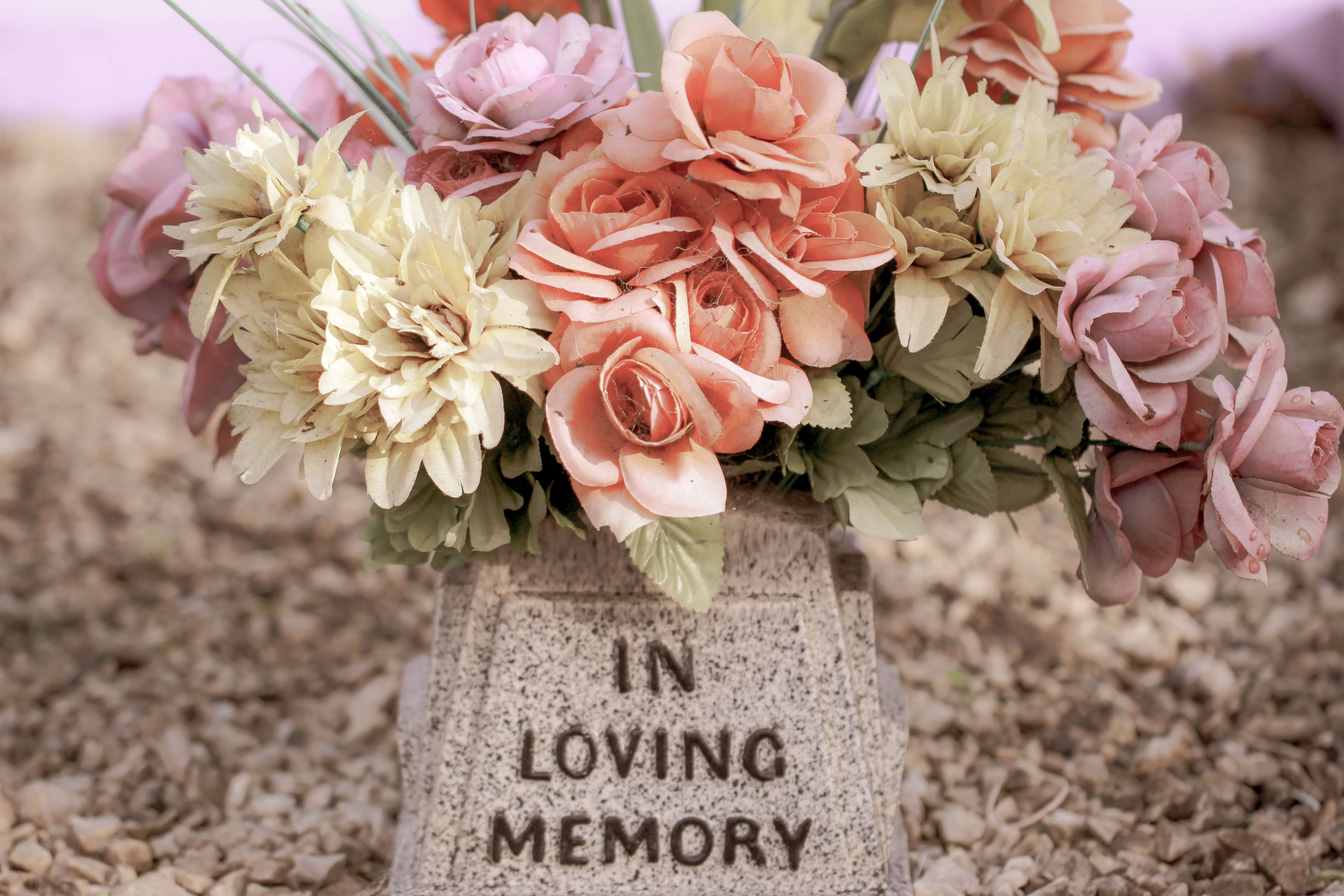It was looking like this would be the worst possible Mother’s Day for my friend “Sharon.” It had only been a few weeks since she had delivered a stillborn baby girl at 37 weeks gestation.
To make matters more difficult, this was her first child.
Courageously, Sharon made it to church that Sunday. As per tradition, every mother was given a bright carnation as we all made our way through the doors.
Sharon accepted the long-stemmed flower with tears. Somehow, she made it through the service.
Then after church, a beautiful gesture occurred—one woman after another gave Sharon carnations until she scarcely had room in her arms for more!
We all wanted Sharon to know we loved her. We wanted to acknowledge her motherhood and her loss.
“Tracy” is another friend who lost her first and only child to miscarriage. Mother’s Days have been very painful for her over the years.
All through our churches and our circles of acquaintances, women who have suffered pregnancy loss have heavy hearts on Mother’s Day.
Some, like Sharon and Tracy, have lost children through no choice of their own. Others have made the regrettable choice of abortion.
The latter situation often includes an added layer of guilt and shame on top of the pain of loss.
If not dealt with, these complex emotions can last a lifetime.
[Click here to subscribe to Pregnancy Help News!]
Compassion is certainly the right response to both pregnancy loss scenarios. We know that abortion, like all sin, is a forgivable offense, and that it still involves loss and pain.
Having said that, we must demonstrate awareness of what is going on in our world.
Our culture works so hard at being politically correct that we throw victims of miscarriage under the bus in a misguided attempt to rationalize abortion.
The result is that women who have experienced miscarriage do not feel they have permission to grieve or talk about their pain or process their experience.
There’s a not-so-subtle pressure to “be fine” so that women who choose abortion don’t have to feel bad about their choice.
Not only that, but there’s a new trend of throwing the term “spontaneous abortion” in the faces of those who have suffered a miscarriage—a term that medical professionals did away with back in the eighties, no less—to make it sound as though miscarriage is the same thing as abortion.
At the extreme end of politically correct ridiculousness, abortion advocates call a miscarriage a “spontaneous abortion” while referring to an abortion as an “induced termination.”
Talk about disingenuous word games!
Those of us in pro-life ministry must navigate this craziness with wisdom and grace.
Women who have had miscarriages need more compassion than ever because society devalues their loss more than ever.
Yet women who have gone through abortion also need our sensitivity, kindness, and prayer.
Whether a child dies in the womb through natural circumstances or through choice, that mother has lost a child.
Tweet This: Whether a child dies in the womb through natural circumstances or through choice, that mother has lost a child.
Some post-abortive women adopt the mantra of our culture and insist that they made a good choice and have no regrets.
The abortion industry is happy to encourage such women to go so far as to express pride in their abortions so they can use them to drum up more business.
Other post-abortive women may be conflicted or confused by their feelings after an abortion.
Still others are wracked with guilt, deeply depressed, and even suicidal over it.
Abortion incurs real guilt because it is a serious offense against God.
We can attempt to rationalize our sin or even glamorize it, but here’s the thing: calling it something other than what it is doesn’t change reality—no matter how cleverly we twist the terminology.

So, what can we do this Mother’s Day for women who have lost babies in utero? How can we minister to victims of miscarriage as well as to post-abortive women?
We can pray for women in both situations.
We can ask God to give us eyes to see what is going on with the women around us. We can listen for indications of pain and the need for support and healing.
We can speak in an uncompromising, yet sensitive, way about abortion. We can continue to reach out with compassionate care to those who need post-abortion recovery.
If we suspect someone has had an abortion, we can let them know in discreet and subtle ways that healing is available, and a restored sense of worthiness is possible.
If we know someone who has miscarried recently, we can offer simple kindnesses like a handwritten card and flowers, or a gift of pampering items like a cooling face mask, cozy socks, and scented lotion.
Even if the loss happened years ago, Mother’s Day can trigger difficult feelings.
We can offer support by acknowledging a woman’s loss, offering sympathy, and affirming that she is the mother of a very real child who is in the presence of the Lord.
This Mother’s Day let’s be aware of the many hurting women around us who have lost children in the womb.
Let’s pray for opportunities to demonstrate compassion.
Let’s reach out to post-abortive women as well as those who’ve suffered miscarriage.
Both need to know they are loved.







